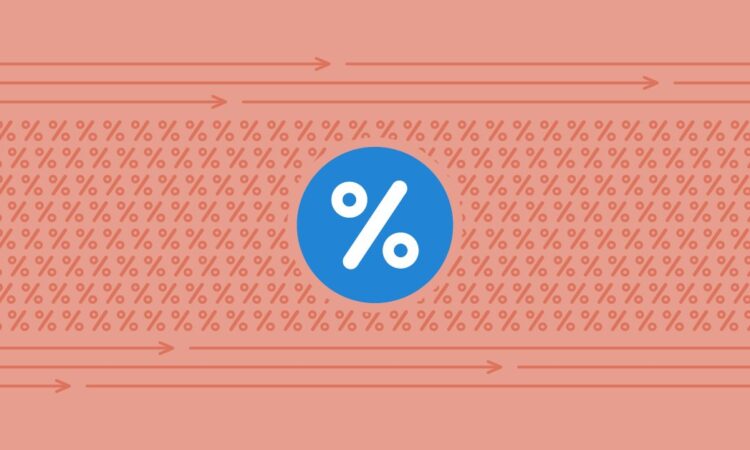Adjustable-rate loans are changing, because a widely-used interest rate index expires in June

LIBOR is the name for an index of interest rates used in loans across the country and across the globe. LIBOR expires on June 30, 2023, as part of a transition that has been planned for several years. Adjustable-rate loans based on LIBOR must change to a replacement index. The transition affects adjustable-rate mortgages, home equity lines of credit, reverse mortgages including Home Equity Conversion Mortgages, private student loans, and credit cards with interest rates that are currently based on LIBOR.
Lenders must use indexes similar to LIBOR as replacements
In general, lenders and servicers for consumer loans are required to choose a replacement index that is comparable or substantially similar to LIBOR. For adjustable-rate mortgages and private student loans, many lenders have announced a transition to rates based on the Secured Overnight Financing Rate, which are also called the IBOR Consumer Cash Fallbacks. For credit cards and home equity lines of credit, many lenders are selecting the prime rate as the replacement index. Both these choices comply with CFPB rules that apply to the transition away from LIBOR.
See the IBOR Consumer Cash Fallbacks Summary on the Refinitiv website
What this means for you
Changing interest rates probably affect your adjustable-rate loan more than the change to your loan’s index
Changing from LIBOR to a comparable, or substantially similar index means, if nothing else changed, the interest rate you pay should be similar before and after the transition. In some instances, lenders might adjust the margin too, to keep your interest rate close to the same percentage.
Keep in mind that the interest rate you pay on an adjustable-rate loan can go up and down over time. The changes come from ups and downs in interest rates generally. This means that you may see changes in your interest rate that are caused by changes in interest rates across the economy.
Your loan might have already switched to a replacement index, or will soon
Adjustable-rate mortgages, reverse mortgages, and private student loans
Many adjustable-rate mortgages, reverse mortgages, and private student loans will switch to a replacement index when the loan’s interest rate resets after June 30, 2023. Depending on your loan’s reset schedule, the replacement index might not take effect for several months. Federal student loans are not affected by LIBOR’s expiration.
Credit cards and home equity lines of credit
Some credit cards and home equity loans have already transitioned to a replacement index. If your LIBOR-based credit card or line of credit has not already been switched to a replacement index, you will probably receive a notice in the days leading up June 30, 2023.
Talk to your lender or servicer if you have questions about your new interest rate or monthly payment
You will likely receive notices from your lender or servicer about your replacement index and any changes to your interest rate and monthly payment. If you have questions or concerns about the changes, contact your lender or servicer. If they don’t address the issue, you can submit a complaint to the CFPB.






